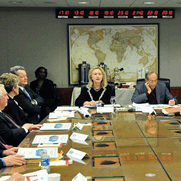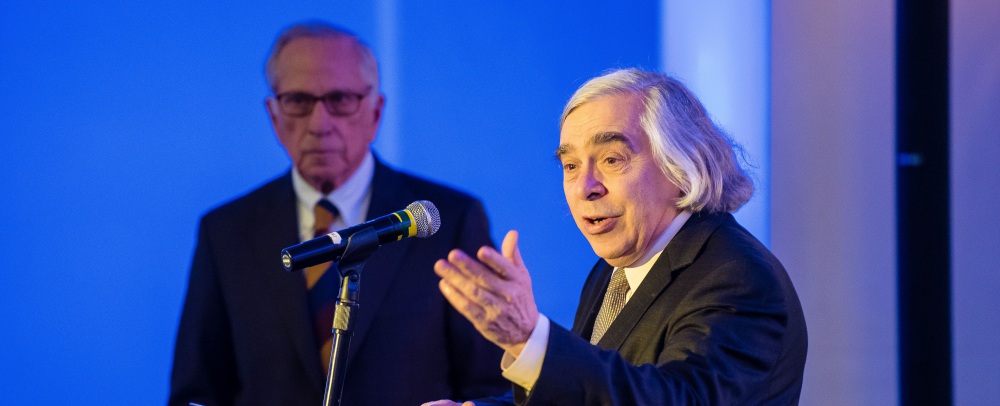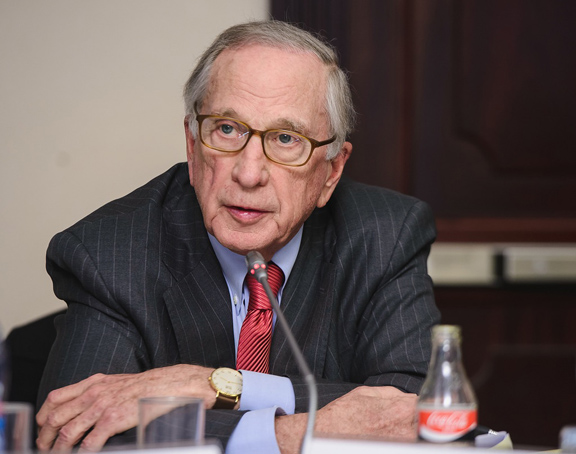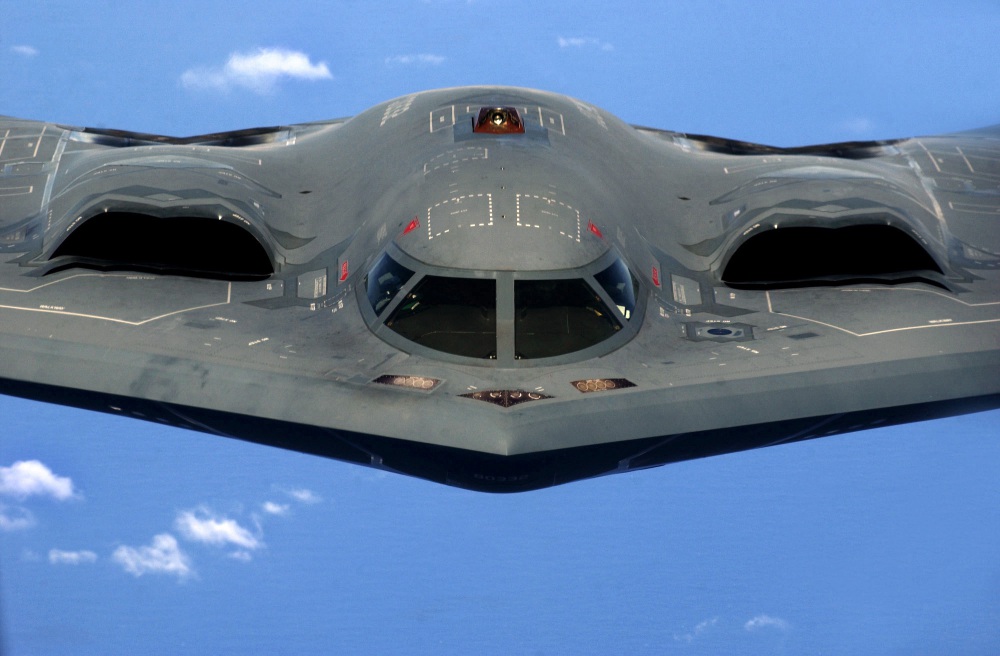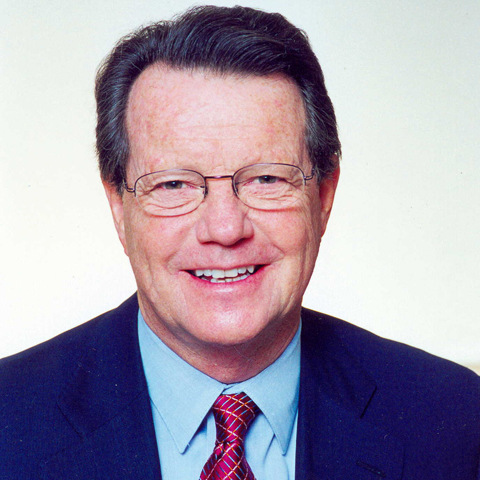
Charles B. Curtis
NTI President Emeritus and Emeritus Board Member
About the image
In its first-ever publicly released report, the International Security Advisory Board, an advisory body to Secretary of State Hillary Clinton, examined what "mutual assured stability" between the United States and Russia might look like.
"Building such a relationship between the United States and Russia is a critical, first step because our nuclear weapons stockpiles are so large as to overshadow other nations’ stockpiles," the report says. "However, though our historic adversarial relationship has improved, working toward such a relationship with Russia will be very difficult, if achievable at all."
The reports' authors emphasize the dynamic relationship between the two former adversaries, requiring continuous re-assessment to determine the greatest opportunities for engagement. "Achieving such a relationship between Russia and the United States may also affect other regions and nations, and their national security, possibly requiring actions to address concerns that may arise," reads the report.
To acheive such "mutual assured stability" with Russia, the report calls for strategic dialogue and relations, cooperative security, increased clarity and assurance and beneficial interdependence. The report also explores the concept of mutual assured stability outside the context of the U.S.-Russia relationship.
The report was drafted by a study group chaired by ISAB member Graham Allison. The ISAB is co-chaired by NTI president emeritus Charles B. Curtis and NTI board member former Secretary of Defense William J. Perry.
Read the GSN story on the report.
Read the report.
Learn more about the International Security Advisory Board.
Sign up for our newsletter to get the latest on nuclear and biological threats.
NTI Co-Charimen Sam Nunn and Ernest Moniz urge for the creation of a congressional liason group to work to manage and improve U.S.-Russian relations.
Former Senator and NTI Co-Chairman Sam Nunn delivered remarks in Moscow on the challenges and opportunities for U.S.-Russian cooperation.
The risk of nuclear weapons use in the Euro-Atlantic region is on the rise—and it is higher today than it has been since the end of the Cold War.
